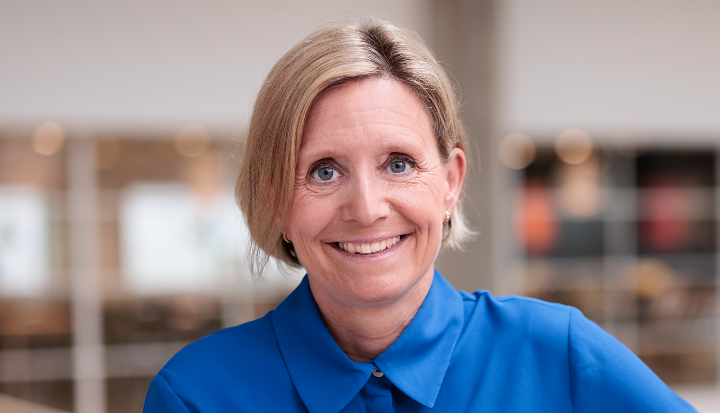How do we better support women working in global value chains? Social Impact Pioneer, Clare Fitton of Sedex joins us to talk gender data, ethical supply chain management and how it can enhance business performance whilst improving lives.
Global value chains depend on hundreds of millions of workers to produce the goods we use every day – from our food, to our clothes, to our personal care products and cars. Women represent a significant proportion of workers. And yet in many countries, the rights, roles and support for women are different to men. From land rights, to financial access, to education. The UK’s Foreign, Commonwealth & Development Office (FCDO)’s Work and Opportunities for Women (WOW) programme set a challenge in 2018 – to improve women’s economic opportunities through business interventions in supply chains. One of the first things they did was focus on improving the collection of data about women workers, working closely with partners Sedex, ETI and BSR. Because what gets measured, gets managed.
Clare Fitton trained in Human Rights Law, specialising in Business and Human Rights and Gender Equality. She has over 15 years’ experience working with companies, trade unions, NGOs, investors and government bodies on the practical implementation and effectiveness of human rights due diligence practices. Clare is now the Sedex Members Ethical Trade Audit (SMETA) Evolution and Impact Lead within Sedex. Clare has a particular focus on social impact measurement and improving women workers’ access to their rights. Sedex has 80,000 members all of whom are now potentially benefitting from gender disaggregated data.
Together we explore the strides being made in ethical auditing, data-driven improvements and emerging gender disaggregating audit methodology. We talk about how gender indicators such as higher numbers of women in supervisory roles correlates with a reduction in the likelihood of other risks. We discuss the broader implications of new due diligence and value chain regulations and how companies can navigate these changes through more effective use of data. Stay tuned as we uncover the tangible benefits of gender-inclusive practices in supply chains and the critical role of continuous improvement in ethical auditing.
Join us as we dive into a conversation that’s all about making a difference, one data point at a time.
Click here for further Business Fights Poverty and Work and Opportunities for Women (WOW) resources.
Links
Sedex Gender Data Insights report
Integration of gender data indicators into Sedex tools, building on WOW’s work
Sedex Gender in Agriculture report
Regular gender-based webinars through Sedex Community Engagement Programme
BSR Gender Data and Impact Tool
ETI Gender Data Indicators Guidance: Level 1
ETI Gender Data Indicators Guidance: Levels 2 & 3
Work and Opportunities for Women Gender Resource Kit











